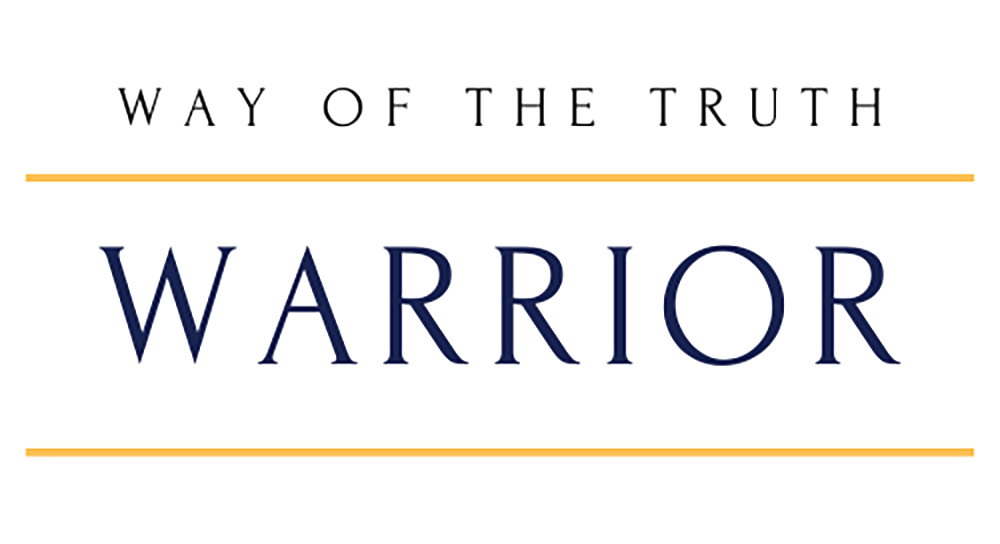Biometrics distributors play an important role in the acquisition of large and complex technologies, such as software, systems, and business processes. The services that they provide include strategic planning, technical support, sourcing, manufacturing and final sales. In this article, we will discuss the steps required to be taken when sourcing or purchasing strategic software and systems from a bioethics distributor.
Before commencing the sourcing or acquisition process, it is essential that a bioethics distributor understands the total cost of the technology involved, including both the direct and indirect costs. It is also important that a bioethics distributor have strong relationships with all of the people required to implement the software or system. These could include programmers, designers, technical experts, finance and accounting personnel, and customers. It is also essential that a bioethics distributor has a strong understanding of any business laws, regulations, and business processes applicable in the targeted organizations. Finally, it is important that a bioethics distributor understands the benefits that the new technology can provide to the organization. For example, if new systems and software enable faster processing, more efficient reporting, reduced maintenance, or reduced distribution costs, then these can reduce costs and increase profits.
During the sourcing or acquisition process, it is important to consider how the assets and liabilities of the organization will be impacted by the acquisition. If the assets and liabilities will have a material impact on the organization’s future business performance, then the biometrics organization must consider whether these are included in the purchase price. Some biometics distributors perform an asset-based analysis, whereby they are unable to identify these specific items because of the inherent limitations of the information.
The balance sheet should be reviewed to identify the gross and net worth of the organization at the end of the reporting period. Net worth is equal to net worth less the weighted average shares outstanding plus the depreciated value of the depreciated basis of the acquired certain assets and liabilities. A distributor’s statement of operations should include the collection of an aggregate amount of cash from sales of the assets and liabilities during the reporting period. The balance sheet must be prepared on a current basis, as it represents the most recent activity. A distributor’s balance sheet should not include contingent acquisition debt.
A distributor’s reported financial statement must include the gross purchase price, the fair value measurement, the assumptions used to measure the fair value measurement, and the estimated fair value measurement. The gross purchase price is equal to the expected selling price less the cost of good sold, less the estimated selling expenses. The fair value measurement is determined using an agreed upon model of value. The assumption used to measure the fair value measurement is the change in the fair market value of the assets acquired and liabilities incurred during the reporting period. If the value of the assets and liabilities does not change by the ending fair market value, the report is based on the assumption that the fair value measurement was calculated. If the assets or liabilities do change by the end of the reporting period, the statement will reflect an adjustment to the gross purchase price.
At the end of the six-month period that begins June thirty-first, the biometrics distributor must determine the gross and net worth of the business combination. The gross value of the business combination is the value of the total assets and liabilities acquired in the acquisition. The gross value of the business combination at the reporting time is the total gross value of the assets and liabilities less the fair value measurement. The bioethics distributor must also estimate the net worth of the business combination at the end of the six-month period.
The six-month period ended June thirty-first represents the last date for the biometrics distributors to determine the fair value measurement for the business combination. Subsequently, the second report is issued and represents the second full month that the biometrics distributor has had a reasonable period of time to develop the second periodic biometrics report after completing the first report on the business combination. At this point, the second report will identify the assumptions used to create the second periodic biometrics report, the assumptions used to measure the assets and liabilities and the adjustments that will be made to the assets and liabilities during the second reporting period. The second report will also identify the assets and liabilities that will be reflected in the third and fourth annual financial statements and the operating cash flow forecasted for the full year. At the end of the six-month period, if the biometrics distributor determines that the fair value measurement for the business combination is greater than the assigned values in the third and fourth annual financial statements, he or she must prepare the financial reports as required by federal guidelines.
There are many other reasons, a bioethics distributor may decide to use the estimates provided by an external source to value the assets and liabilities in a biometrics distributor business. However, these three reasons are among the most common reasons. In either case, a bioethics distributor must determine the fair value of his or her business in order to meet the requirements of his or her federal tax return and financial statements.

0 Comments